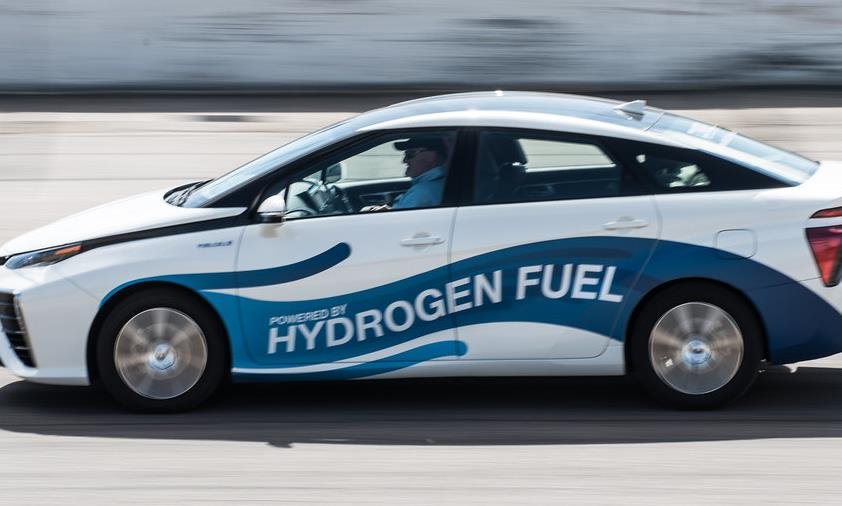In a significant move to bolster economic and strategic ties, Egypt and the European Union have signed 35 agreements and memoranda of understanding (MoUs) worth a staggering $72.4 billion. The agreements, announced at the conclusion of the Egyptian-European Investment Conference in Cairo, cover a wide range of sectors including green hydrogen, electric vehicles, infrastructure, sustainable transportation, and information and communication technology. This landmark event marks a new chapter in Egypt-EU relations, aiming to enhance cooperation and mutual growth.

Strengthening Economic Ties
The signing of these agreements signifies a major step forward in the economic relationship between Egypt and the EU. The deals encompass various sectors, reflecting a comprehensive approach to development and cooperation. Projects in green hydrogen and electric vehicles highlight a shared commitment to sustainable energy and innovation. These initiatives are expected to drive economic growth and create new job opportunities in both regions.
Infrastructure projects are also a key component of the agreements. Investments in transportation and communication technology will enhance connectivity and efficiency, benefiting both Egypt and the EU. These projects are designed to support long-term economic stability and growth, fostering a more integrated and resilient economic partnership.
The agreements also include significant investments in sustainable transportation. This focus on sustainability aligns with global efforts to combat climate change and reduce carbon emissions. By prioritizing green projects, Egypt and the EU are setting a precedent for future collaborations that prioritize environmental responsibility and innovation.
Political and Strategic Implications
Beyond the economic benefits, these agreements have substantial political and strategic implications. The collaboration underscores the strong and evolving relationship between Egypt and the EU. It reflects a mutual recognition of the importance of strategic partnerships in addressing global challenges and promoting regional stability.
The agreements were signed in the presence of high-ranking officials, including Egyptian President Abdel Fattah al-Sisi and European Commission President Ursula von der Leyen. Their participation highlights the political significance of the event and the commitment of both sides to deepening their partnership. This collaboration is expected to enhance Egypt’s role as a key player in regional and international affairs.
The strategic partnership between Egypt and the EU is also aimed at fostering peace and security in the region. By working together on various projects, both parties are contributing to a more stable and prosperous future. This partnership is a testament to the power of diplomacy and cooperation in achieving common goals.
Future Prospects and Opportunities
Looking ahead, the agreements open up numerous opportunities for further collaboration and growth. The projects outlined in the MoUs are just the beginning of what promises to be a fruitful partnership. Both Egypt and the EU are committed to building on this foundation and exploring new areas of cooperation.
The focus on green energy and sustainable development is particularly promising. As the world moves towards a more sustainable future, the collaboration between Egypt and the EU in these areas will be crucial. These projects have the potential to position both regions as leaders in the global transition to renewable energy.
Additionally, the agreements pave the way for increased investment and trade between Egypt and the EU. By creating a more favorable business environment, both sides can attract more investors and boost economic growth. This partnership is expected to bring long-term benefits, enhancing the prosperity and well-being of their populations.
In conclusion, the signing of 35 agreements and MoUs worth $72.4 billion between Egypt and the EU marks a significant milestone in their relationship. This collaboration not only strengthens economic ties but also has far-reaching political and strategic implications. With a focus on sustainable development and innovation, the future looks bright for this dynamic partnership.
